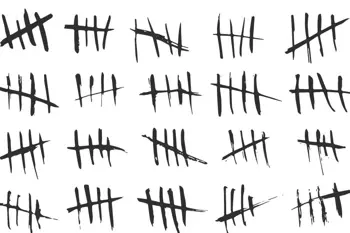The case destined to test the FDA’s vaping regulation next year in the Supreme Court continues to vex the agency in the meantime. On July 31, a three-judge panel of the Fifth Circuit Court of Appeals cited its Triton Distribution decision as precedent when granting petitions for review to five independent vaping manufacturers, vacating the FDA's marketing denials.
The court remanded the cases to the FDA for further review. The five manufacturers may now continue to sell their products until the agency conducts new scientific reviews of their premarket tobacco applications (PMTAs)—or possibly until the Supreme Court acts. The five companies are:
- Cloud House, LLC
- Paradigm Distribution
- SWT Global Supply, Inc.
- Vaporized, Inc.
- SV Packaging, LLC
In January, the Fifth Circuitfound 10-6 in favor of Triton Distribution (known in court documents by its legal name Wages and White Lion Investments) in the e-liquid manufacturer’s appeal of an FDA marketing denial order (MDO). Two months later, the FDA petitioned the Supreme Court to review the Fifth Circuit ruling, and last month the high court agreed to hear the FDA’s appeal. The case is likely to be decided next spring, and could reshape the FDA’s vaping product regulatory practices.
The Fifth Circuit found that the petitions decided this week posed the same issues as Triton’s:
“Petitioners in this case manufacture flavored nicotine-containing e-liquids,” wrote the court. “Petitioners spent substantial time and resources preparing their PMTAs based on FDA guidance that they would not need to submit long-term clinical studies. Nevertheless, FDA rejected their PMTAs using the same boilerplate language it used for the Wages petitioners’ denials, as well as those of thousands of other e-cigarette manufacturers. Accordingly, for the reasons amply explained by the en banc court in Wages, we hold that FDA acted unlawfully here as well by denying Petitioners’ PMTAs based on the absence of long-term clinical studies.”
All five companies filed petitions with the court in October 2021, challenging MDOs received in August and September of that year—part of the early wave of denial orders issued a year after the September 2020 PMTA submission deadline. The five cases were consolidated by the court, and all five petitioners were granted unopposed stays pending review in November 2021.
In a recent progress report on its PMTA reviews, the FDA said it has issued MDOs for 46,000 vaping products. Dozens of vaping manufacturers have challenged denial orders in federal court.















